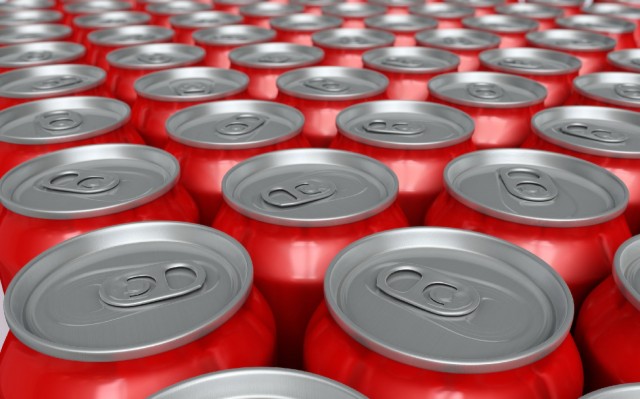On Tuesday, San Francisco Supervisor Scott Wiener says he will propose a 2 cents-per-ounce tax on sugar-sweetened beverages. If the board passes his proposal, San Francisco voters will see it on the ballot next November.
This tax is double the amount proposed last year in elections in the California cities of Richmond and El Monte. Those were a penny-per-ounce each and both were defeated by voters.
In addition to the amount of the tax, there's another major difference between Wiener's proposal and the two that failed. In Wiener's plan, revenues generated by the tax — an estimated $31 million per year — would be earmarked for children's recreation and nutrition programs. In Richmond and El Monte, revenues would have gone to the general fund. Voters were skeptical that soda tax revenues would ever really fund children's health programs, despite city council resolutions that they would.
Harold Goldstein, executive director of the California Center for Public Health Advocacy, said he thinks the plan has "a very good chance" before San Francisco voters, specifically because of the earmarked funds.
Goldstein believes that as San Franciscans learn more about "how harmful these products are to our children and teens" and as they learn about the types of programs that could be created with the dedicated funding, San Franciscans will "turn in support" of the tax. Indeed, a Field Poll in February found that 68 percent of Californians said they would support a soda tax if revenues supported children's health and recreation programs.
